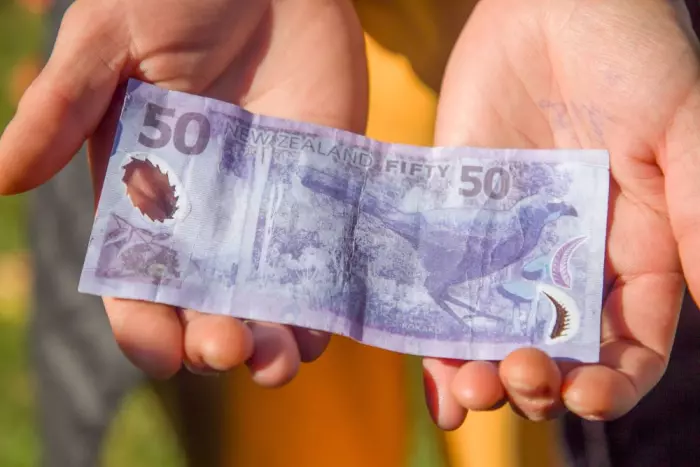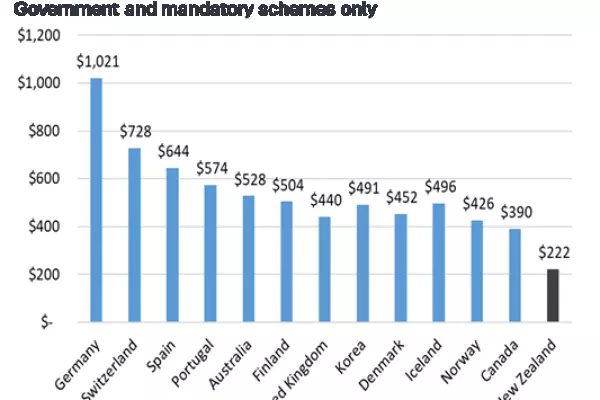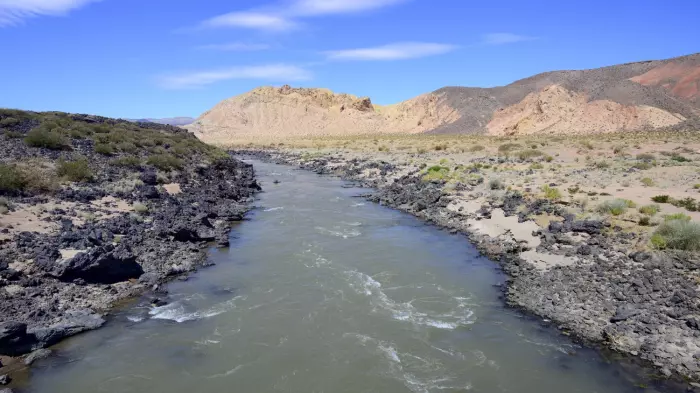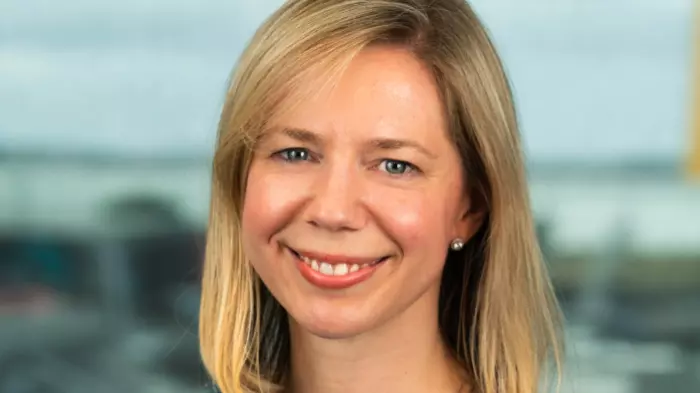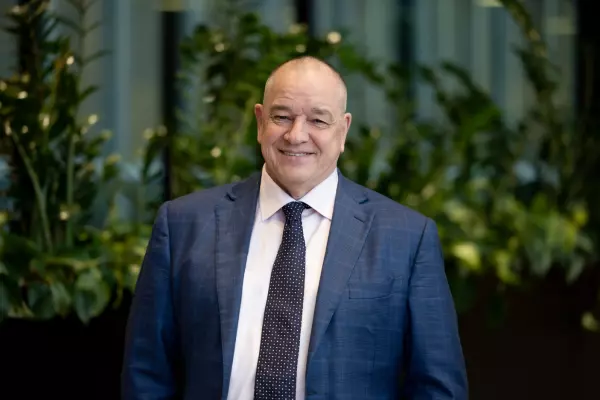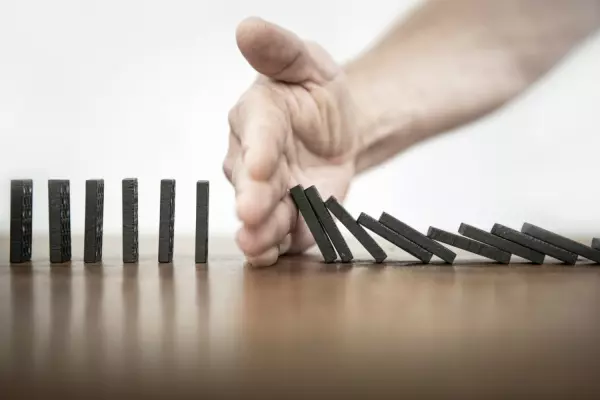BusinessDesk investments editor Frances Cook responds to emails from readers each week, answering questions about money. Below, you will find her expert advice. Send your questions to [email protected].
Hey Frances,
I was wondering if you could point me in the right direction. My 12-year-old pointed out the other night that school doesn’t teach finances, taxes, saving, etc.
Is there somewhere I can get that information to share with my children to encourage better saving and a love of money?
We are not the best with our money and wish we had done better.
Look forward to hearing from you; any help would be great.
S.
Hi S,
This is a common frustration. These are core life skills, but it’s up to you as the parent to figure out the subject for yourself and then try to help your kids figure it out, too.
No pressure.
Start at home
I think the place to start is by breaking down the taboo. You won’t be able to teach your kids everything there is to know about money, just like you can’t teach them everything there is to know on any subject.
But giving them a curious mindset, giving them the confidence to talk about it and hunt out more information? Those are key skills in themselves that will help them in many areas of life.
I'd say that giving them the skills to educate themselves is more important than passing on technical skills. The best ways to manage money could change throughout their lives, as digital and technological changes demand different things from us.
Being excited by change, instead of being threatened by it, and ready to learn anew will be key.
One of the best places to start is by making money an open conversation in the home. At 12, your child is probably ready to be part of conversations about how the household runs, so don’t shield them from those topics.
What’s happening with bills, if you can go for a holiday this year, changes you’ve made to your KiwiSaver, going for a pay rise or promotion at work: if these things are happening in your life, chat about it at the dinner table or in the car, whenever it naturally comes up.
Your skills
You say you aren’t the best with money and wish you could have done better – this probably makes you a great teacher.
You’re here, sending me emails, clearly learning more yourself. That puts you ahead of many other people already.
As parents, one of the best things we can do is invest in our knowledge first to feel more confident talking to the kids when certain topics arise. There are books, audiobooks, podcasts, or whatever form you prefer to get your information in.
If you can be open about money and how you’re handling it without being negative about things you wish you’d done differently, that’s a great conversation to have.
I say to have that conversation without being negative because it’s best to try teaching about money without creating anxiety. Tricky, I know.
Another core thing I'm working on accepting as a parent is I think it's unavoidable we will give our children baggage of some sort or another. Such is life.
You think you're teaching one thing; you teach something else entirely. Our unconscious attitudes to certain areas sneak through. We try our best, but it's not enough. It never is.
But we can at least try to avoid the obvious landmines. And sometimes we think we’re sharing a good lesson of "oh but don’t do this one", when actually what we’re sharing is a lesson of ‘don’t make one wrong move or your life will be over’.
That’s where we can end up accidentally paralysing kids with anxiety instead of empowering them to avoid certain traps.
So, keeping the conversation positive and empowering is a good thing. They can see that money mistakes aren’t usually fatal and that there’s always time to learn, do, and achieve more.
Mistakes happen; fix them as best you can and move forward.
You’re showing them that right now, which is fantastic.
Learning to take risks and recover from a setback, if necessary, are good life lessons whether or not we're talking about money.
Building up
In terms of where you can find extra places to build up those technical skills for them, happily, there are some good options I can point you to.
First, I’d check out Sorted in Schools. It’s money education that’s designed to fit in with the current NZ school curriculum, but schools have to request it.
So, ask if your school would consider including it in their lessons.
Banqer is another one you can try. It’s designed to feel like a game, and has different options depending on the age of the kids.
Again, it’s mostly available through schools; a shout-out to KiwiBank for sponsoring it, so it’s free for primary and intermediate students and discounted for high school students.
As your children get older and ready to take on more responsibility, I think it's good to make them responsible for their spending, if possible.
Whether you use an allowance system or an after-school job, independent spending creates real-world learning that's impossible to recreate elsewhere.
You can then make them responsible for certain categories of spending – maybe toiletries or clothing besides underwear and school uniforms.
They'll probably run out a couple of times and try to avoid rescuing them when they do. Let them rise to the challenge, so by the time they leave home, they're more ready to do this without you.
There’s nothing like learning by doing.
Send questions to [email protected] if you want to be featured in the column. Emails should be about 200 words, and we won't publish your name. Unfortunately, Frances is not able to respond to every email received or offer individual financial advice.
Information in this column is general in nature and should not be taken as individual financial advice. Frances Cook and BusinessDesk are not responsible for any loss a reader may suffer.


